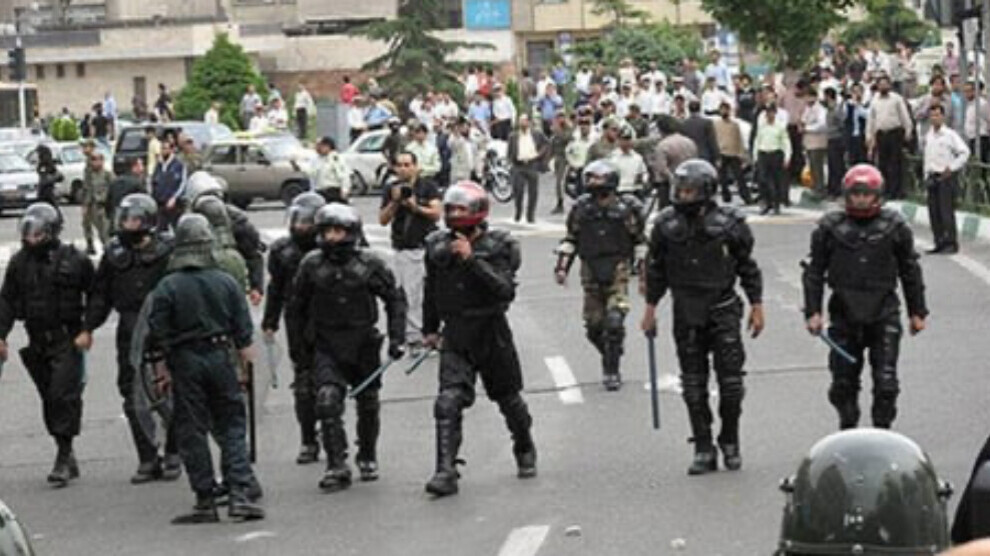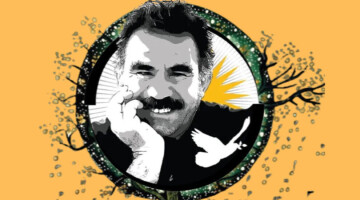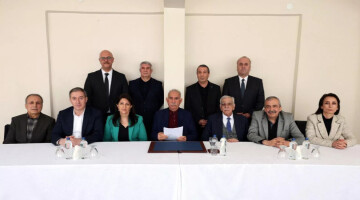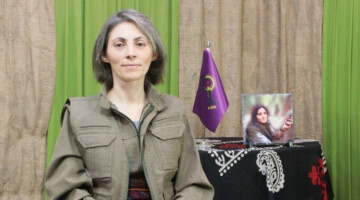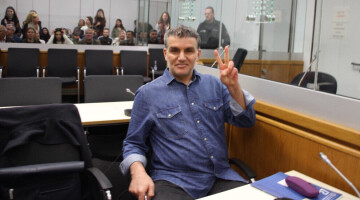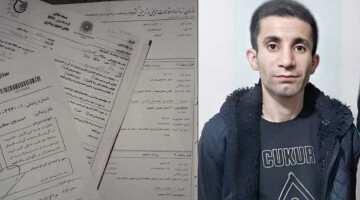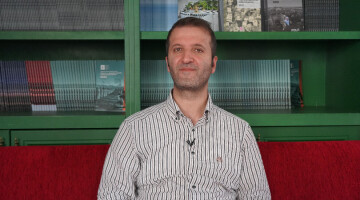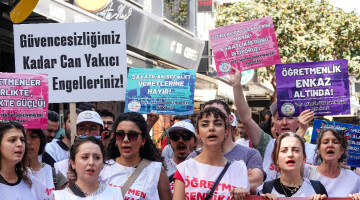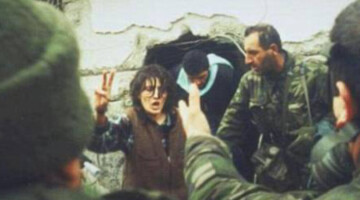After a 12-day war and the ceasefire declared on 24 June, a brutal crackdown has been underway under the pretext of collaboration with Israel or espionage.
Similar situations occurred after the protests in 2018 and 2019, as well as during the "Jin, Jiyan, Azadî" uprising in 2022.
According to civil society organizations, the state has turned its desire for revenge and control inward, targeting its own people following the Israeli attacks. The regime, still standing, has focused particularly on ethnic minorities and opposition groups.
According to Amnesty International and other human rights organizations, opposition figures, critics on social media, Kurds, Baluchis, Bahá'ís, and Afghan refugees are being targeted. These groups are consistently scapegoated after every major incident.
However, civil society organizations now report that no one is safe anymore. Everyone is considered a suspect in the eyes of the security forces.
Owning a miniature drone, using the WhatsApp messaging app, or subscribing to the Starlink internet service can lead to imprisonment.
Civil society groups report that hundreds of people have been arrested since the Israel-Iran conflict began. Those accused of espionage are facing rapid trials, prison sentences, and even the death penalty.
On 29 June, the Iranian Parliament passed a law increasing the penalties for crimes involving espionage or collaboration with Israel, the United States, or other "enemy" states.
Vague charges such as “corruption” or “enmity against God” can result in death sentences following unfair trials. Since Israel’s initial attacks on 13 June, many individuals have reportedly been executed by hanging. Civil society organizations have long criticized Iran’s use of the death penalty as a fundamental tool of repression.
The Kurdistan Human Rights Network and the Kurdistan Human Rights Association reported that on just 1 and 2 July, at least nine people were detained in Eastern Kurdistan. These arrests were made without any judicial warrants. Among those detained in Bokan, Meriwan, Sine (Sanandaj), and Urmia are a filmmaker-writer, an artist, and a 62-year-old farmer. The charges against them remain unknown.
During the 12-day war, Iranian media reported that more than 700 people were arrested, particularly in Kermanshah, Lorestan, Isfahan, and Fars provinces. The actual number is believed to be much higher.
On the day after the war with Israel ended, Iran also intensified the deportation of Afghan nationals. Since June, more than 256,000 undocumented migrants, including women and children, have been deported. This indicates a new peak in Tehran’s policy of mass deportations.

